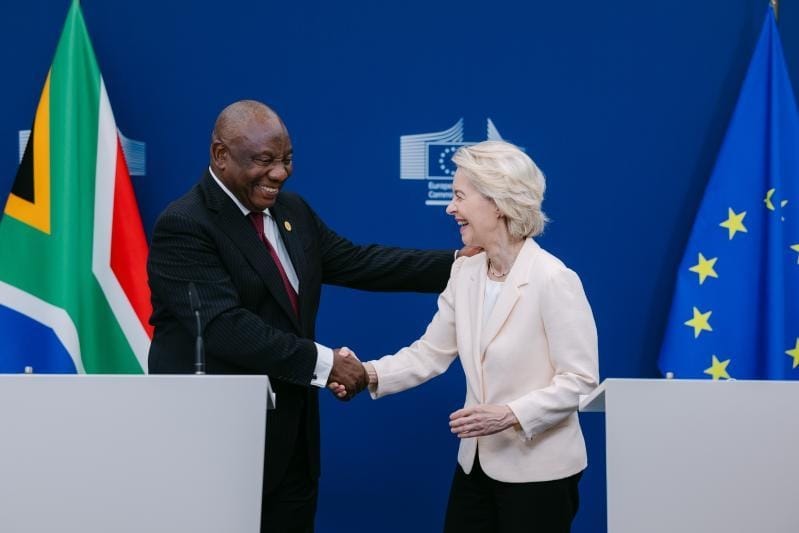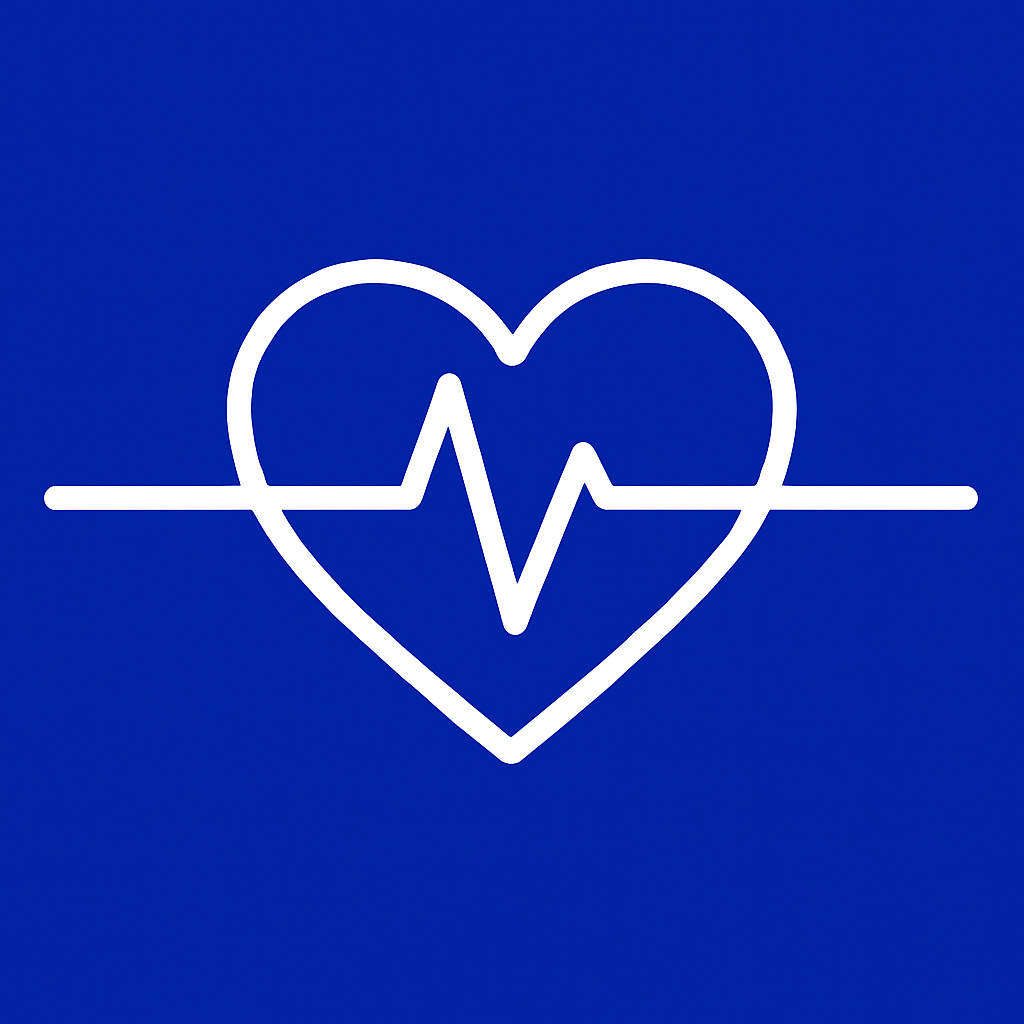EU boosts investment in African vaccine production
EU invests €190 million to boost Africa’s health manufacturing - learning from COVID-19 vaccine shortfalls

The European Union announced €190 million in new investments to expand Africa’s capacity to manufacture vaccines, medicines, and essential health technologies.
Unveiled at the Global Gateway Forum in Brussels last week, six new investments advanced under the Manufacturing and Access to Vaccines, Medicines and Health Technologies (MAV+) initiative aim to strengthen African production, reduce dependency on imports, and ensure equitable access to life-saving products.
Africa still imports 99% of its vaccines and up to 90% of its medicines. As a result, during the pandemic, Africa received less than 2% of global vaccine supplies.
Lessons from COVID
“We learned during COVID-19 that relying on external supply chains can cost lives,” said EU International Partnerships Commissioner, Jozef Síkela. “Global health is a key priority of our Global Gateway strategy. Supporting BioNTech’s state-of-the-art mRNA manufacturing facility in Rwanda will build expertise across the region, while our new partnership with MedAccess will make health products more affordable and accessible.”
The European Commission and European Investment Bank (EIB) announced a €52 million agreement with MedAccess to provide volume guarantees for manufacturers of vaccines, diagnostics, and essential medical products in Sub-Saharan Africa. These guarantees will help ensure sustainable supply and affordability for consumers.
Meanwhile, BioNTech will receive a €95 million package, combining a €35 million EU grant and a €60 million EIB credit facility, to advance its mRNA vaccine facility in Rwanda, a cornerstone of Africa’s emerging vaccine ecosystem.
Additional funding will bolster South Africa’s biomanufacturing workforce, Ghana’s regulatory labs, Nigeria’s local medicine production, and Senegal’s pharmaceutical sovereignty.
